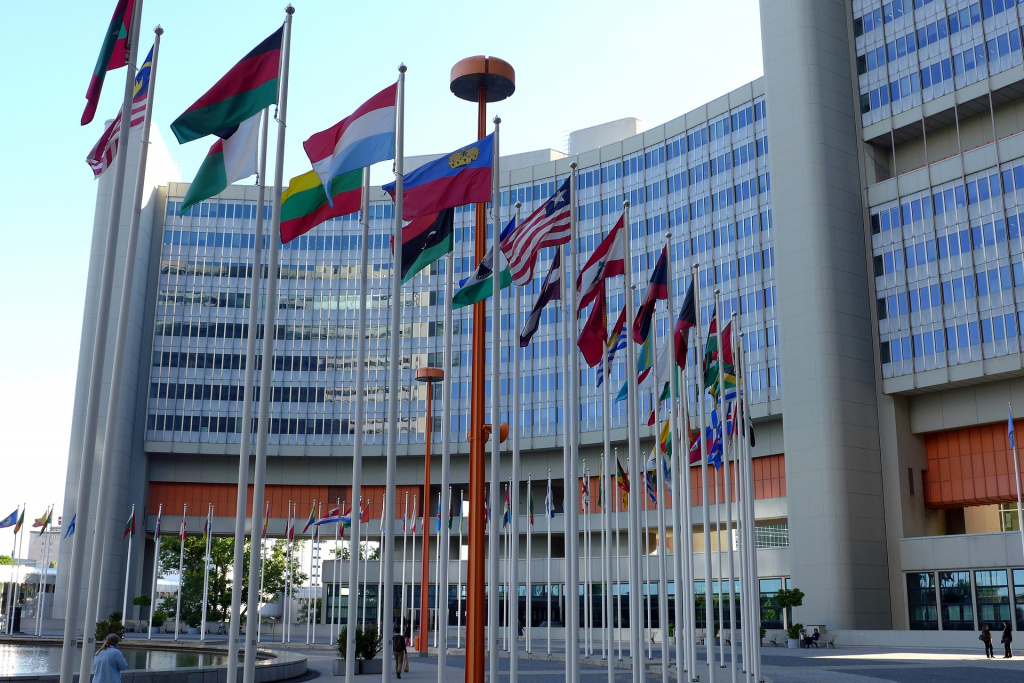2018 marks the 40th anniversary of the 1978 Declaration of Alma-Ata, the first time world leaders committed to primary health care. Still far from goal, the countries again vowed to provide primary health care systems to everyone and achieve universal health coverage.
The Kazakh government, World Health Organisation and UNICEF co-hosted the 26 Global Conference in Kazakhstan’s present capital, Astana on primary health care (PHC). Alma-Ata was the capital back in 1978. That conference gathered health experts and world leaders to commit to health for all. The Declaration of Alma-Ata formed the foundation for the last 40 years of global primary health care efforts.
“Worldwide contribution to a better healthcare has become an important asset of the medical community. The Alma-Ata Declaration, a historical document, was included in textbooks of many universities outside of Kazakhstan. The document became a prime example of the effectiveness of international efforts. It outlined the basic principles of the development of primary healthcare, including public health education, maternal and child health, disease prevention, vaccination and drug provision. Since then, healthcare throughout the world has developed in accordance with these key areas,” Kazakh President Nursultan Nazarbayev addressed conference participants, according to primeminister.kz.
“Today, instead of health for all, we have health for some,” said Dr. Tedros Adhanom Ghebreyesus, Director-General of the World Health Organization (WHO). “We all have a solemn responsibility to ensure that today’s declaration on primary health care enables every person, everywhere to exercise their fundamental right to health.”
Despite the 1978 Declaration, the progress is uneven over the course of the last four decades. At least half the world’s population lacks access to essential health services – including care for non-communicable and communicable diseases, maternal and child health, mental health, and sexual and reproductive health.
“Although the world is a healthier place for children today than ever before, close to 6 million children die every year before their fifth birthday mostly from preventable causes, and more than 150 million are stunted,” said Henrietta Fore, UNICEF Executive Director. “We as a global community can change that, by bringing quality health services close to those who need them. That’s what primary health care is about.”
UNICEF and WHO will help governments and civil society to act on the Declaration of Astana and encourage them to back the movement. UNICEF and WHO will also support countries in reviewing the implementation of this Declaration, in cooperation with other partners.

